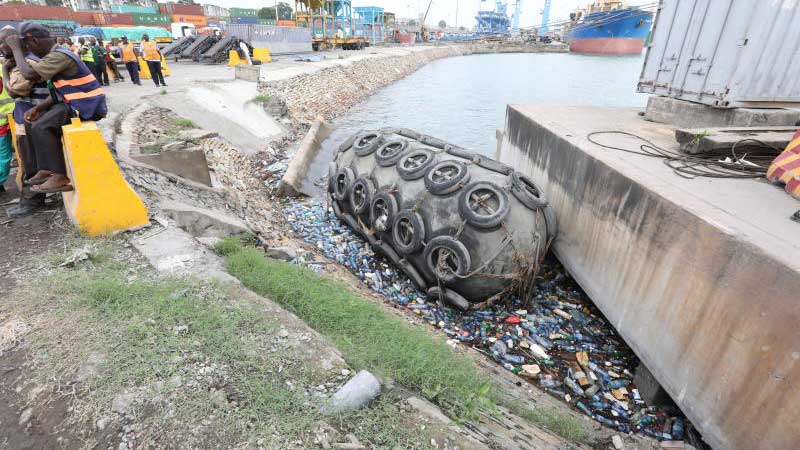×
The Standard e-Paper
Kenya’s Boldest Voice

There has been a national conversation about the future of PET bottles (disposable plastic bottles) in light of their devastating effects on the environment.
Polyethylene terephthalate (that word is quite a mouthful, so let’s just stick to PET) bottles are ubiquitous. They are used as packaging materials for a wide variety of products including soft drinks, alcoholic beverages, detergents, cosmetics, pharmaceutical products and edible oils.